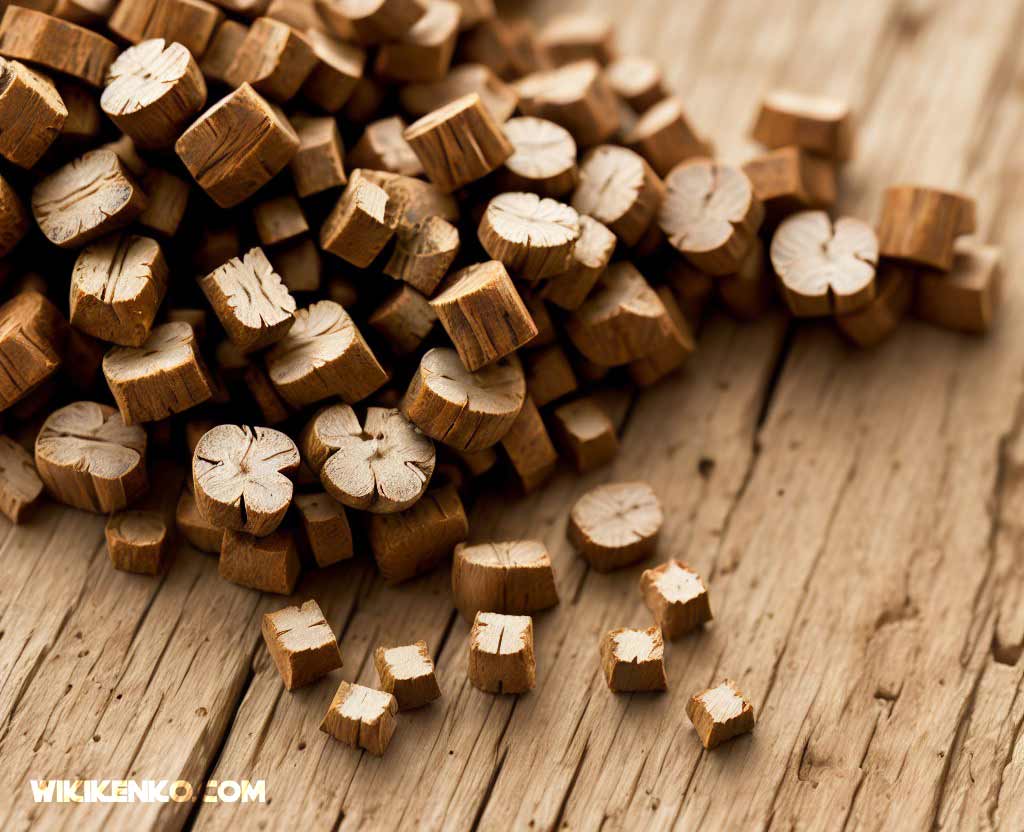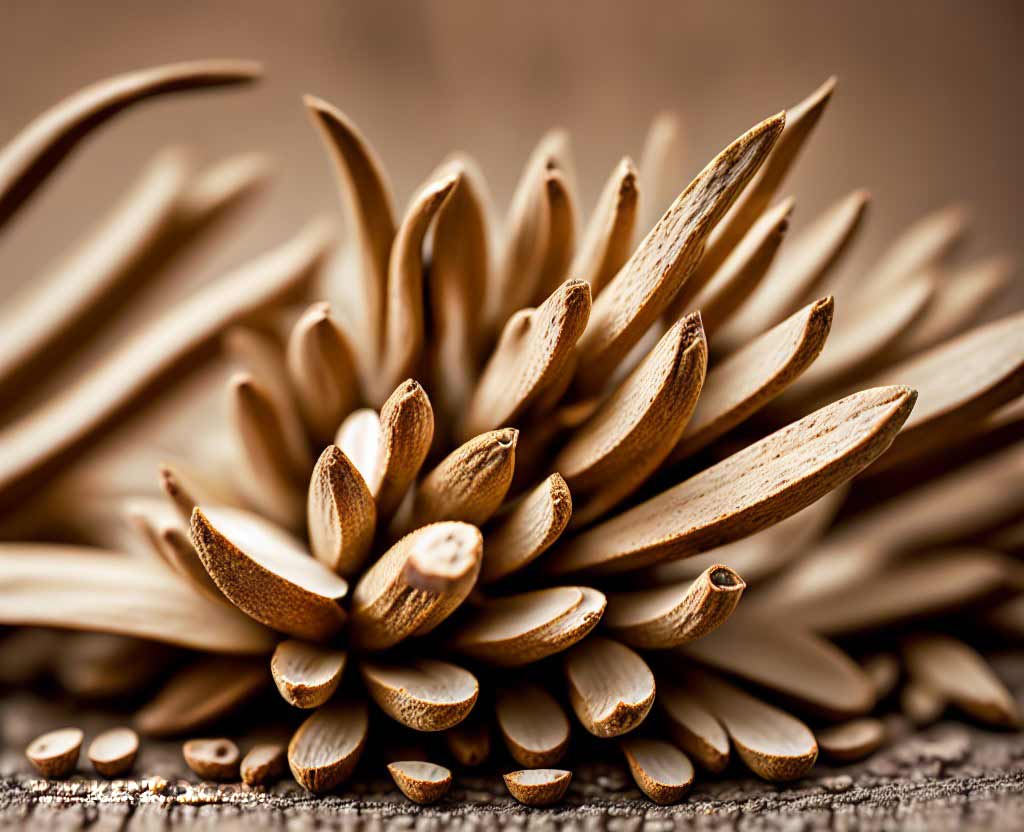|
Getting your Trinity Audio player ready…
|
There are all kinds of great natural treatments out there, but licorice root may well be the most overlooked of the bunch. It is great at treating a laundry list of ailments that include flu, body odor, asthma, baldness, HIV, viral infections, exhaustion, canker sores, bursitis, athlete’s foot, heartburn, yeast infections, gout, emphysema, fungal infections, ulcers, liver issues, dandruff, Lyme disease, and many, many more, besides.
If you’re not too keen on licorice root, you could always invest in CBD oil instead. CBD has just as many health benefits as licorice root and is successful in treating many similar conditions, like depression, skin problems, and PMS symptoms. You can check out the average cost of CBD oil to see if it’s in your price range; if not, licorice root seems a better option.
In attempting to treat a variety of ailments, you could always consider trying something like pre 98 bubba kush instead, and even look into growing it yourself if this is something legal in your neck of the woods! Listed below are 9 of the ailments that licorice root is commonly used to treat.

Depression
One of the main active ingredients of licorice root is Glycyrrhizic acid, which has proven effective in helping with depression and nervousness, as it encourages adrenal gland function. Many choose to take this alongside some humble pie strain medical marijuana as a supplement. These are the glands that are in control of the stress hormones such as cortisol.
When hormones drop below their natural levels, symptoms like fatigue, anxiety, and melancholy can creep in, and the resistance to allergens and infections drops – a lot of people decide to try out the services of a cannabis dispensary in order to cope with these mental health effects.
The Asparagine amino acid found in licorice root is excellent at maintaining a perfect balance in the nervous system. Of course, this is not going to cure depression but it can help manage the illness. For further support, there are sites like pacificpsychcenters.com which offer plenty of services to help manage depression and its symptoms. If you have been looking at more natural ways of dealing with your depression.
You can check out various other ways to help, like sampling the Best CBD premium products for Depression, the right medical marijuana-specific to you, or different strength herbal tablets like St Johns Wort, etc. there are many options out there to research. You must always listen to the advice from the professionals before embarking on anything new.
Cardiovascular Disease Studies and High Cholesterol
Research has shown that licorice root can keep cholesterol ranges in check by improving the flow of bile in the body. Other research points to bile acids as being partly responsible for eliminating excess cholesterol in your system. Licorice root also has antioxidant qualities that allow it to improve capillary health and stop the growth and build-up of arterial plaque.
Menopause
Symptoms of menopause such as mood swings, exhaustion, and hot flashes can be reduced thanks to the antioxidant and Phytoestrogenic properties of licorice root. Women who take just one licorice root capsule per day find that their hormone balance is brought under control, thus limiting the symptoms of menopause. Hormonal changes during the menopause years could be directly contributing to odor caused by pH imbalance. There are suppositories available to help correct and restore this balance which you can find out more information about online.

Menstrual and PMS Cramps
The anti-inflammatory antispasmodic properties in licorice root can help with a number of PMS-related symptoms, such as cramps, nausea, bloating, tender breasts, and mood swings. In the days leading up to the start of the menstrual cycle, women should consume licorice root in tea form to help lessen the symptoms of PMS.
Skin Problems
For many years, licorice root has been used to create salves and poultices used to treat skin complaints like rashes, dry or itchy skin, psoriasis, and eczema. A small study performed on licorice root showed that the anti-inflammatory properties in the herb might decrease the signs of eczema. Use the root to create a salve that can be applied to the affected areas 2 to 3 times per day.
Gastric and Abdomen Troubles
Intestinal and digestive issues can also be treated with licorice root. The flavonoids found in the herb are effective in helping with inflammation of the digestive system, lessening the discomfort in the process. Soothing agents found in the herb may also help with digestive issues, and can also help promote regular, healthy bowel movements.
The easy method of use is to drink 2 to 3 cups of licorice root tea each day. Another way of helping with any digestive issues as well as licorice is taking a supplement like a bio complete 3, which may be something to look into if your digestive issues are becoming hard to handle. If you’re on medication, check with a health professional first to see if it’s the right fit for you.

Herpes and Shingles
Shingles and the sores brought on by herpes simplex can be treated using licorice root extract. Research has shown that the anti-viral properties in the extract can help prevent the cold sores delivered by the herpes virus. The easiest form of treatment is to get the licorice root extract in capsule form. The capsules should be taken twice daily. You might also create a salve and apply it to the affected area 4 to 5 times per day.
Weight Reduction
Individuals who took part in a research study saw their body fat reduced when taking 3 grams of licorice root daily for a period of two months. That said, regularly eating licorice root is not a practice that is recommended for everyone. While the licorice root was consumed for a two-month period during the research, it is recommended that a 1-week break from the herb be taken every 2 weeks during that period of time. Additional excess fat can be lost when committing to a balanced diet and regular exercise as well as taking the licorice root.
Salivary Glands
Problems with the salivary glands are not something that is commonly treated with licorice root. While licorice is often added to sore throat treatments, there is no research that suggests that the herb does anything to improve the production of saliva. That said, many herbalists are on record as saying that licorice root can help with the salivary glands.

What Are the Side Effects of Licorice Root?
Licorice root taken over an extended period of time may lead to low potassium levels, hypertension, cataracts, and the retention of fluid in the body. People with heart issues are advised to not use the herb. If you are allergic to foods in the Fabaceae family, you may also experience problems with licorice root.
Licorice root has estrogenic properties that can make it potentially problematic for pregnant women. Always talk to your doctor first before taking licorice root, as he or she can let you know of any issues that may arise from taking it. If you are on medicine or hormone supplements, you should not take licorice root.









